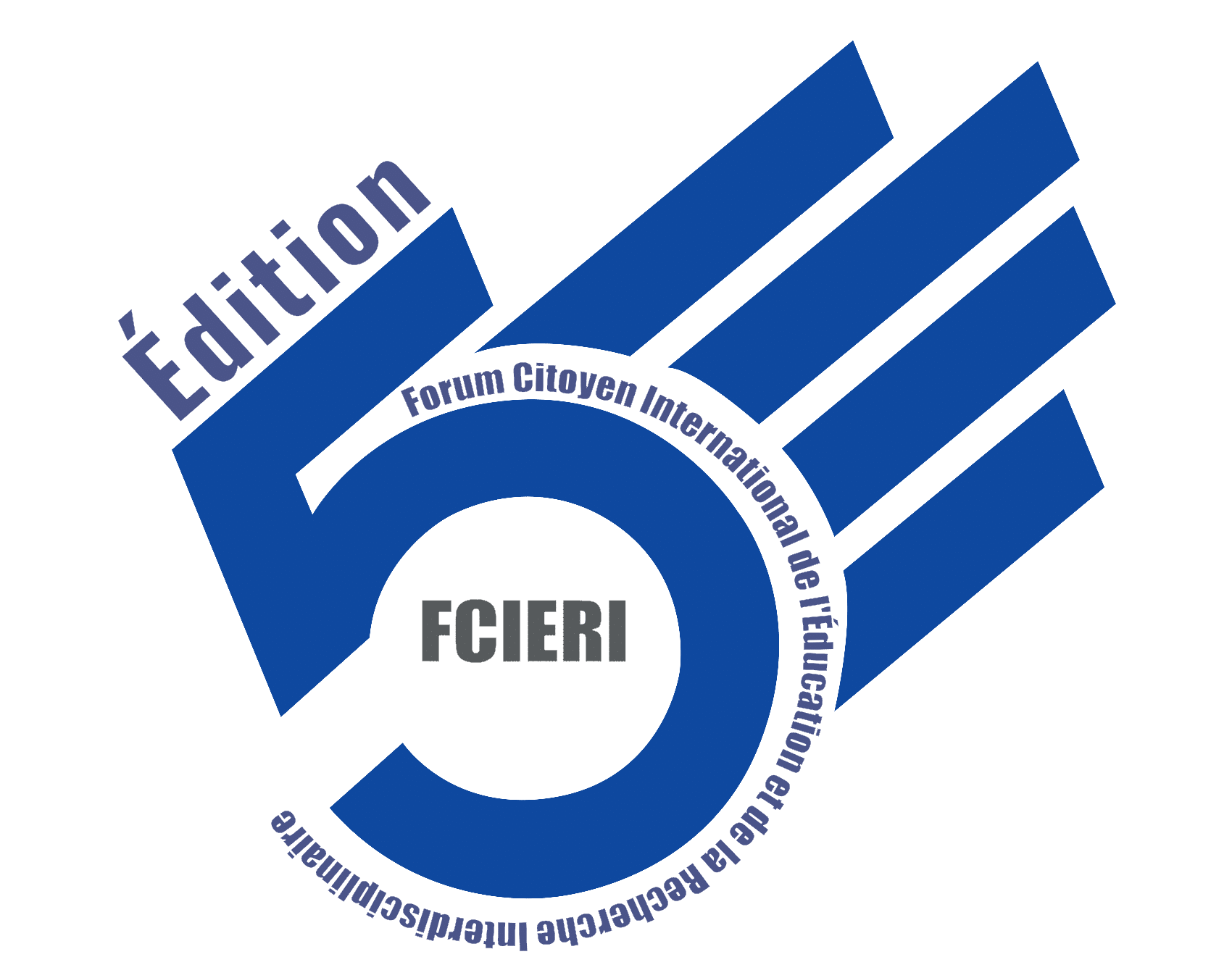Axis description
In the same way as technological progress, social and political issues are of particular concern to educational environments, particularly about their institutional and human adaptation to the diversity of the realities and needs of learners and families, the different cultural, social, and religious aspects often give rise to biases, stereotyping, and forms of stigmatization or exclusion which exacerbate the disparities between learners in class groups, in school and university establishments. To promote the success and involvement of learners in all fairness, teachers are called upon to be vigilant and open to diversity. They must take into account the realities and needs of learners, especially those most vulnerable to marginalization and discrimination. To this end, they are invited to create and maintain a learning climate characterized by mutual respect, collaboration, and mutual aid. In addition, inclusive strategies should be deployed to overcome cognitive and societal biases. It is important to prepare all learners to accept diversity and participate in living together in a pluralistic world. In this regard, cooperation with the family is essential. What teacher training can promote consideration of the diversity of the realities and needs of learners and families? What training would make it possible to overcome biases and prejudices and to act in such a way as to ensure better justice in the educational environment? How to act so that prejudices do not hinder the success of learners? What synergy can be created between family and school to put in place favorable conditions for the development of the learner? How to rethink the links between school, family, and society? How can teachers be trained so that they can prepare learners to become citizens capable of committing themselves to justice in a pluralistic society?
This axis proposes to focus, in a constantly changing society, on the issues related to cognitive, cultural, and social diversity and on the challenges to be met in the context of teacher training. Reflection will increase awareness of changes that affect the goals of professionalization.
Track Themes
• Teacher training on learner inequalities and diversity;
• The articulation between theoretical training and practical training about diversity and inequalities;
• The impacts of biases and prejudices on the educational path of learners;
• Social belonging: socio-cultural obstacles and assets for the learners;
• The links between school and family;
• Training girls for boys’ jobs: challenges, issues, and gender biases;
• Collaboration between all educational actors (including the family) in a changing society.

 Le Forum mondial sur l’éducation, tenu en mai 2015 à Incheon sous l’égide de l’UNESCO et ses partenaires, s’est conclu par la Déclaration d’Incheon pour l’Éducation 2030, un engagement historique de transformer la vie grâce à une nouvelle vision de l’éducation et à des actions courageuses et innovantes pour la réaliser. Le Cadre d’action Éducation 2030, qui établit cette nouvelle vision de l’éducation pour les 15 années à venir, a été adopté par plus de 180 états membres de l’UNESCO. Quatre ans plus tard, à la 9e Réunion mondiale de la Consultation collective des ONG pour Éducation 2030 (CCONG-Éducation 2030), qui s’est tenue en Tunisie en 2019, les organisations participantes ont affirmé que le monde est confronté à une crise éducative, causée par un manque de volonté politique, une faible priorisation de l’éducation et un financement insuffisant. De plus, elles ont constaté une tendance croissante à la commercialisation de l’éducation, ce qui contribue à creuser davantage les inégalités. Les systèmes éducatifs mondiaux ne semblaient pas respecter l’engagement pris dans le programme Éducation 2030. Le ministre de l’Éducation de la Tunisie d’alors avait, à la même occasion, souligné que la plupart des pays n’avancent pas suffisamment pour atteindre les objectifs fixés pour 2030. Il a appelé à une reconnaissance de l’importance stratégique de l’éducation pour toutes les nations et a encouragé la société civile à jouer un rôle majeur dans la mobilisation pour y parvenir.
Le Forum mondial sur l’éducation, tenu en mai 2015 à Incheon sous l’égide de l’UNESCO et ses partenaires, s’est conclu par la Déclaration d’Incheon pour l’Éducation 2030, un engagement historique de transformer la vie grâce à une nouvelle vision de l’éducation et à des actions courageuses et innovantes pour la réaliser. Le Cadre d’action Éducation 2030, qui établit cette nouvelle vision de l’éducation pour les 15 années à venir, a été adopté par plus de 180 états membres de l’UNESCO. Quatre ans plus tard, à la 9e Réunion mondiale de la Consultation collective des ONG pour Éducation 2030 (CCONG-Éducation 2030), qui s’est tenue en Tunisie en 2019, les organisations participantes ont affirmé que le monde est confronté à une crise éducative, causée par un manque de volonté politique, une faible priorisation de l’éducation et un financement insuffisant. De plus, elles ont constaté une tendance croissante à la commercialisation de l’éducation, ce qui contribue à creuser davantage les inégalités. Les systèmes éducatifs mondiaux ne semblaient pas respecter l’engagement pris dans le programme Éducation 2030. Le ministre de l’Éducation de la Tunisie d’alors avait, à la même occasion, souligné que la plupart des pays n’avancent pas suffisamment pour atteindre les objectifs fixés pour 2030. Il a appelé à une reconnaissance de l’importance stratégique de l’éducation pour toutes les nations et a encouragé la société civile à jouer un rôle majeur dans la mobilisation pour y parvenir.